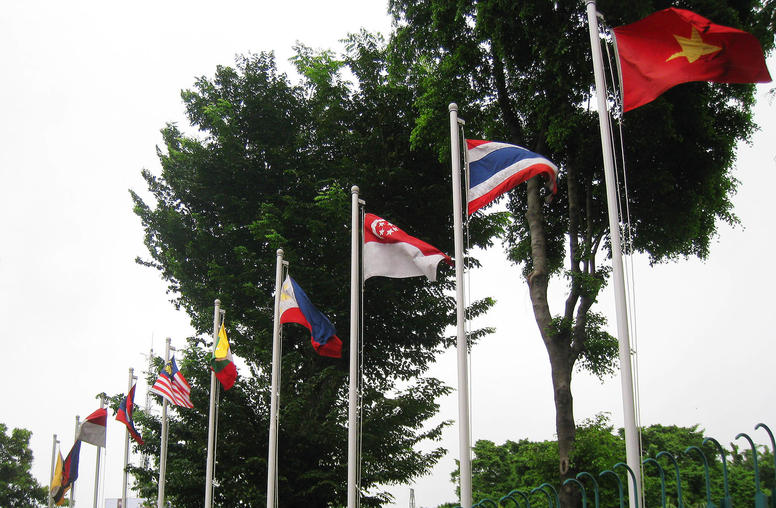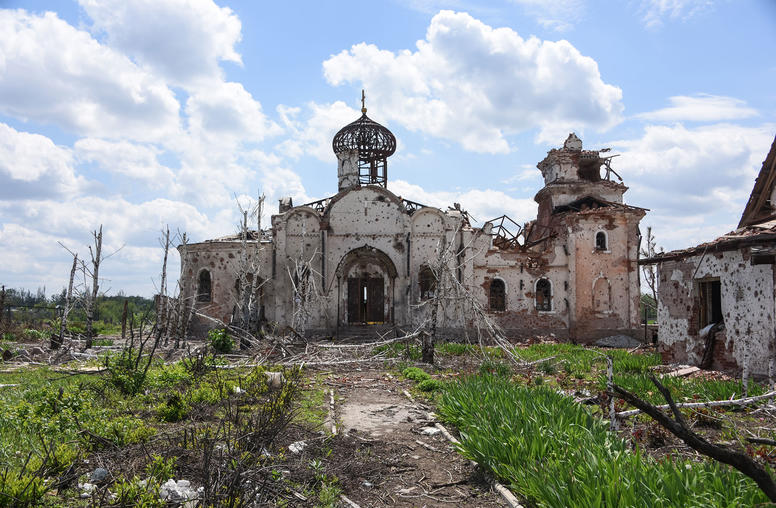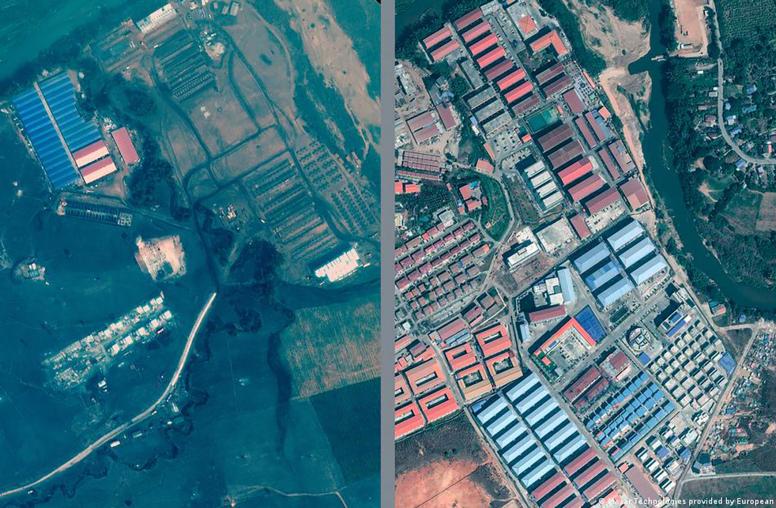 Philippines
Philippines
The Philippines — an archipelago of more than 7,000 islands that was once a U.S. colony and is now a U.S. treaty ally — faces challenges to internal stability and sits at the crosshairs of geopolitical contestation in the Western Pacific. With decades of experience in the Philippines, USIP programming has expanded rapidly since 2022 along three lines: ground-level support to local partners implementing the Comprehensive Agreement on the Bangsamoro, which is the greatest opportunity for sustainable peace in Mindanao in generations; convening dialogues on key issues for the U.S.-Philippines alliance; and support for national efforts to mainstream peace education, including in the Bangsamoro Autonomous Region in Muslim Mindanao.
Featured Publications

The Latest on Southeast Asia’s Transnational Cybercrime Crisis
Increasing scrutiny and exposure of global internet scams based in Southeast Asia has sparked fast-moving developments to quash the schemes and countermoves by the organized gangs behind them. Recent months have seen crackdowns, arrests and internet cutoffs by law enforcement agencies and regional governments. Meanwhile, Cambodia and Myanmar continue to be the most egregious havens for criminal operations, while Laos seems to be demonstrating early signs of concern for the impact of organized crime on its sovereignty.

Andrew Scobell on the China-Philippines Agreement in South China Sea
China and the Philippines recently struck a secretive deal to deescalate confrontations over the Second Thomas Shoal, “one of the tensest flashpoints in the western Pacific,” says USIP’s Andrew Scobell. “Nobody wants to see it escalate to war,” but the “the ambiguity [of the deal] … allows both sides to claim victory.”

China, Philippines Have Big Disagreements Over Their Recent Deal
China and the Philippines this weekend reached a deal aimed at reducing their growing tensions over Second Thomas Shoal. The agreement comes as maritime confrontations have been increasing in frequency and intensity, raising fears of a broader conflict that could lead to the Philippines invoking its mutual defense treaty with the United States. While the deal could be a key step to reducing tensions, messaging from both Beijing and Manila suggests that both sides still firmly maintain their positions on the disputed waters, and that they see the agreement’s provisions in fundamentally different ways.
Current Projects

Southeast Asia in a World of Strategic Competition: An Essay Series
Great power rivalry between the United States and China is frequently described in bilateral terms, with regions of the world — including Southeast Asia — merely serving as arenas of competition. But this framing ignores the agency of third countries in managing the risks and opportunities presented by this competition. To explore these countries’ agency and the corresponding policy options, this USIP essays series includes contributions from 10 Southeast Asia-based experts. Each essay provides one country’s perspective on how the members of the Association of Southeast Asian Nations (ASEAN) perceive and respond to strategic competition between the United States and China.

Religion and Conflict Country Profiles
USIP’s Religion, Peace and Conflict Country Profiles (RPACCs) are concise analytic overviews of the religious landscape in countries at risk of, currently experiencing or recovering from violent conflict. RPACCs are intended to be used primarily by policymakers and practitioners looking to develop rapid familiarity with the nature and status of religion in a given country of interest as well as to understand how religion intersects with conflict and peace dynamics. The RPACC series is an outgrowth of USIP’s previous work on Religious Landscape Mapping in Conflict-Affected States.

Transnational Organized Crime in Southeast Asia
Over the past decade, Southeast Asia has become a major breeding ground for transnational criminal networks emanating from China. USIP assembled a senior study group to assess one of the most pernicious aspects of such criminality: rapidly spreading, industrial-scale scam compounds that rely on forced labor lured from around the world. The senior study group convened four meetings to share research and information on the trends, dimensions and character of the criminal networks operating the scam compounds and developed recommendations for countering their malign effects.